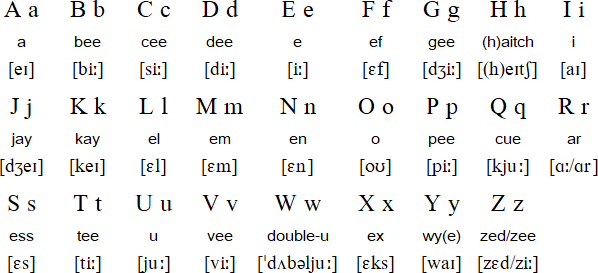Procrastination
Procrastination's 12 Signals
Denis Waitley
www.waitley.com
-
Avoiding difficult work situations, hoping they will change if you wait long enough.
-
Putting off routine or menial tasks, i.e., responding to letter, cleaning your files, organizing your desk.
-
Staying with a job or position long after it has stopped being a challenge.
-
Being afraid to relocate to another town, fear of any kind of change or risk.
-
Frequently getting sick or having minor accidents when faced with a difficult or unpleasant task.
-
Delaying something or doing it so badly that someone else finally does it.
-
Avoiding confrontation with others, even when you have a legitimate grievance or a just cause.
-
Blaming outside forces for your lack of successes and happiness.
-
Using negativism and criticism to get out of doing something.
-
Refusing to get a physical check-up when you suspect something is wrong, putting off professional help to kick drinking, drug or smoking habits.
-
Using the excuse "It's boring" to avoid full participation in your job.
-
Planning but never putting into action your major goals in life.

 معرفی:سید مهدی موسوی فوق لیسانس آموزش زبان انگلیسی از دانشگاه اصفهان و مدرس کانون زبان ایران مراکز تربیت معلم مشهد دانشگاه علمی کاربردی دانشکده فنی منتظری مشهدو همچنین موسسه پاراکس میباشد.او سابقه تدریس در دانشگاه آزاد و موسسه فرهنگی آموزشی زبانسرا و شکوه شعبه مشهد را نیز دارد.وی در این وبلاگ سعی دارد تا لحظات خوش و همراه با سرگرمی برای همه علاقمندان به زبان انگلیسی فراهم آورد و امیدوار است تا بدینوسیله بتواند گامی را در جهت پیشبرد فرآیند آموزش و یادگیری زبان انگلیسی بردارد.
معرفی:سید مهدی موسوی فوق لیسانس آموزش زبان انگلیسی از دانشگاه اصفهان و مدرس کانون زبان ایران مراکز تربیت معلم مشهد دانشگاه علمی کاربردی دانشکده فنی منتظری مشهدو همچنین موسسه پاراکس میباشد.او سابقه تدریس در دانشگاه آزاد و موسسه فرهنگی آموزشی زبانسرا و شکوه شعبه مشهد را نیز دارد.وی در این وبلاگ سعی دارد تا لحظات خوش و همراه با سرگرمی برای همه علاقمندان به زبان انگلیسی فراهم آورد و امیدوار است تا بدینوسیله بتواند گامی را در جهت پیشبرد فرآیند آموزش و یادگیری زبان انگلیسی بردارد.